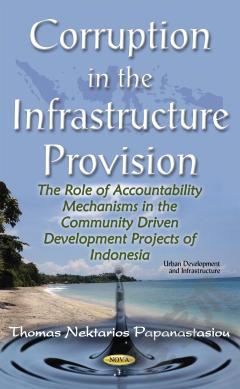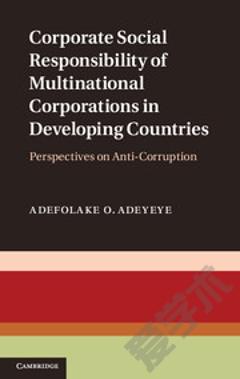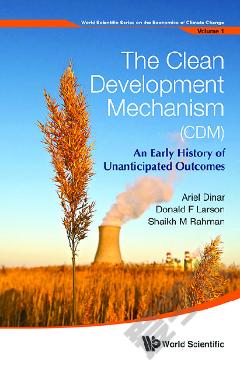Corruption in the Infrastructure Provision: The Role of Accountability Mechanisms in the Community Driven Development Projects of Indonesia
This book explores the accountability mechanisms of the Community Driven Development (CDD) projects in provision of water-services to decentralized rural-Indonesia and examines how these mechanisms prevent or mitigate corruption risks. The analysis is based on three water supply community development programs in Indonesia. This book examines the selected project’s accountability-mechanisms by analysing three key areas (factors): legitimacy, transparency and monitoring or oversight control. This book asserts that if the project’s regulatory framework provides mechanisms of legitimacy, transparency and monitoring control at the community grass-roots level, this in turn can increase the responsiveness and accountability of the infrastructure providers and therefore prevent (more effectively) the risk of corruption. The core result attained from the research outlined in this book is that when projects include specific mechanisms of legitimacy, transparency and monitoring control, they improve accountability and tackle the corruption risk better. This book encourages “bottom-up” accountability, moving away from the developmental authoritarianism, and building projects of local adaptation, ownership and deep-rooted democratization.
{{comment.content}}








 京公网安备 11010802027623号
京公网安备 11010802027623号